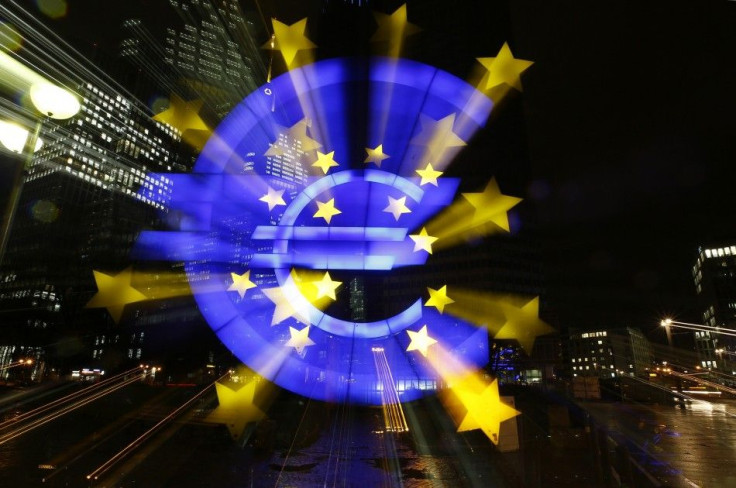European Central Bank To ‘Reassess’ Monetary Stimulus In Light Of Deflationary Concerns

The European Central Bank will "reassess" the monetary stimulus in the first quarter of 2015. The comment was made by the president of the bank, Mario Draghi, in a letter to a member of the European Parliament. The comments come at a time when there are concerns about Europe heading towards deflation.
The primary responsibility of the European Central Bank is to take decisions on the monetary policy for price stability in the region. The president of the bank wrote a letter to Mr. Luke Ming Flanagan to address some of the concerns about the state of the economy and the bank's monetary policy.
Mr. Draghi has confirmed that the letter that the Governing Council of the bank will evaluate the result of the monetary policy measures that were implemented in the second half of 2014. The letter notes that there have been some concerns about the slow growth in real GDP and lower than expected inflation.
Global oil prices have been consistently falling since July last year. The price of the commodity that was above $100 last year has fallen below $ 50 for the first time since the great recession that hit the global economy in 2008-09. One consequence of the low oil price has been falling commodity prices in Europe.
The European Central Bank will reportedly keep a close eye on the slow GDP growth rate, geopolitical developments, exchange rate and energy price development. The letter by the bank's president makes particular mention of the oil price and its impact on the rate of inflation in Europe.
Mr. Draghi confirmed that the Governing Council of the bank are unanimous in that commitment to use "unconventional instruments within its mandate" to remedy the situation. The additional steps by the bank may only be taken if there is a risk of a prolonged period of low inflation in Europe.
Mr. Draghi also said in the letter that the European Central Bank is also considering the purchase of sovereign bonds as one of the measures to contain the negative effects of low inflation. The letter does not specifically mention deflation is a potential risk to Europe's economy in the medium term.
For questions/comments regarding the article, you may email the writer at s.trivedi@ibtimes.com.au






